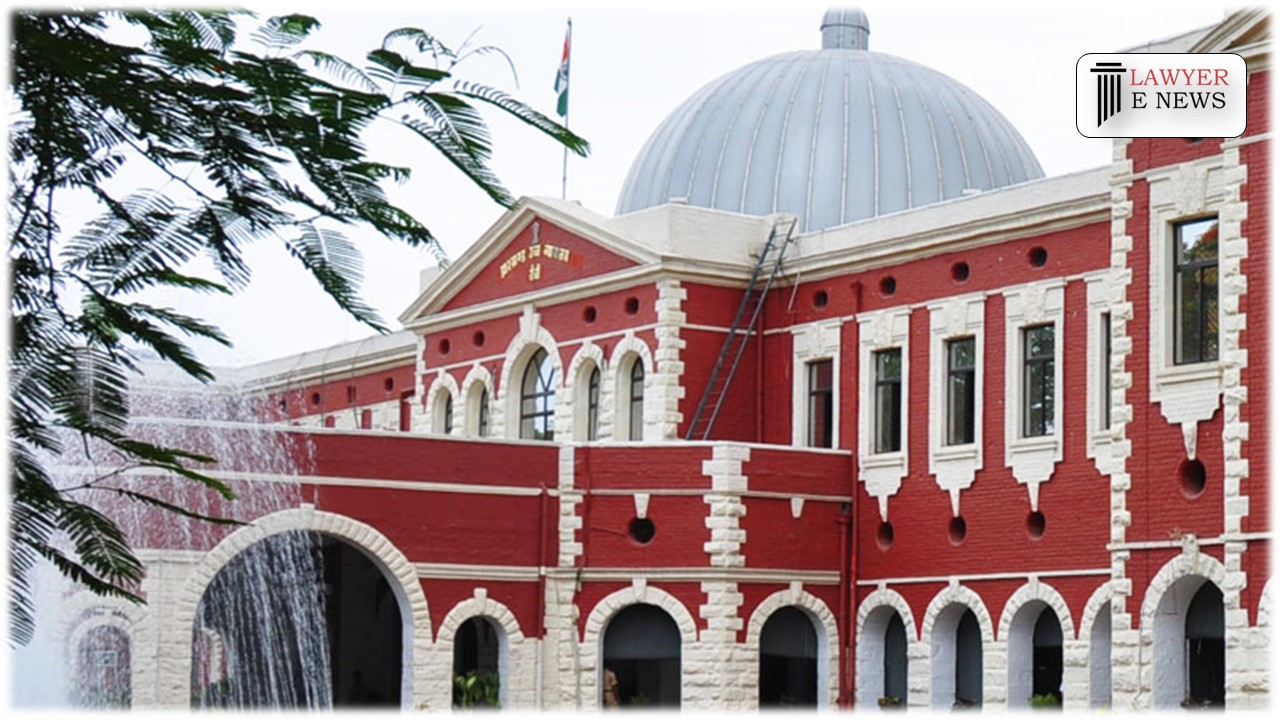-
by Admin
15 February 2026 5:35 AM



The High Court of Jharkhand has acquitted Sanjay Kujur, previously convicted and sentenced to life imprisonment for the murder of his brother Mukesh Kujur. The bench, comprising Justices Ananda Sen and Subhash Chand, emphasized the unreliability of the purported eyewitness testimony and the insufficiency of corroborative evidence, ultimately setting aside the conviction and ordering Kujur’s immediate release.
Background: The case originated from an incident on August 16, 2018, when Mukesh Kujur was allegedly attacked with an axe by his brother, Sanjay Kujur, over a land dispute. The prosecution’s case relied heavily on the testimony of Bilchen Kujur, Mukesh’s wife, who initially stated she learned about the attack from another witness but later claimed to have witnessed the assault directly. The Sessions Court in Simdega convicted Sanjay Kujur based on this testimony and the recovery of the murder weapon, sentencing him to life imprisonment on July 24, 2023. Sanjay Kujur appealed this decision, leading to the High Court’s review.
Credibility of Eyewitness Testimony: The court found significant contradictions in the testimony of the informant, Bilchen Kujur, who initially claimed to have received second-hand information about the murder but later positioned herself as an eyewitness. “There is a huge contradiction in the statement of P.W.3 in her fardbeyan and her statement before the Court as P.W.3,” the bench noted. This inconsistency led the court to conclude that Bilchen Kujur was not an eyewitness and her testimony was unreliable.
Absence of Key Witness: The prosecution’s failure to examine Dutami Bhengra, the individual who allegedly informed Bilchen Kujur about the assault, was a critical oversight. The court deemed this omission “fatal for the prosecution case” as Dutami Bhengra’s testimony could have been crucial in establishing the facts.
Recovery of the Murder Weapon: The court addressed the issue of the recovery of the murder weapon, noting that the mere recovery of the weapon (an axe) on the appellant’s confession was insufficient for conviction without additional corroborative evidence. “A conviction cannot be based solely on the recovery of a murder weapon,” the bench stated, referring to Supreme Court precedents that affirm the necessity of corroborative evidence.
Misapplication of Section 106 of the Evidence Act: The court criticized the trial court for misapplying Section 106 of the Indian Evidence Act, which deals with facts within the knowledge of the accused. The bench clarified that this section does not relieve the prosecution of its burden to prove guilt beyond a reasonable doubt and is only applicable when the prosecution has established a complete chain of evidence, which was not done in this case.
The judgment extensively discussed the principles of evaluating evidence in criminal cases, particularly emphasizing the importance of consistent and corroborated witness testimonies. The bench noted, “Since the prosecution has failed to complete the chain of circumstance in this case, Section 106 of the Evidence Act cannot be applied.”
Justice Ananda Sen remarked, “This major contradiction leads to the only conclusion that P.W.3 is not an eyewitness and she had developed the story and made herself as an eyewitness, which actually she was not.” The judgment further noted, “Even if the murder weapon is recovered and it is blood-stained also, that does not prove the guilt of the accused. This single circumstance by no means can be a ground to convict the appellant.”
The High Court’s decision to acquit Sanjay Kujur underscores the judiciary’s commitment to ensuring that convictions are based on reliable and corroborated evidence. This judgment reinforces the legal framework requiring the prosecution to establish guilt beyond a reasonable doubt and is expected to impact future cases involving similar evidentiary issues.
Date of Decision: April 24, 2024
SANJAY KUJUR VERSUS THE STATE OF JHARKHAND
